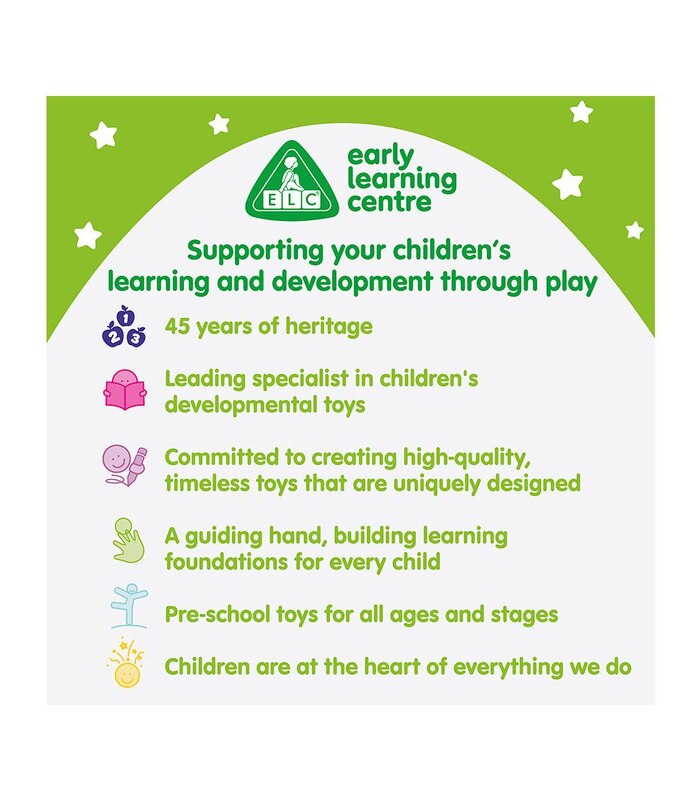More About special needs homewares
Table of Contentsfidgets - The FactsSome Known Details About NDIS supplier special needs resources Can Be Fun For Everyone
Signs and symptoms of oral-motor and also oral-sensory problems Signs of an electric motor trouble might consist of: Postponed breakthrough of textures since the youngster can't physically take care of chewing solid foods Slow or inefficient eating Food left in the mouth Food falling from the mouth Gagging Coughing or choking Low intake of food (the youngster may not take in sufficient calories due to the fact that it takes so lengthy to eat) Postponed advance of various other feeding landmarks (such as transitioning to a normal open cup from a sippy cup) Signs and symptoms of a sensory problem might consist of: Gagging Rejection to consume Sobbing throughout dish times Vomiting Postponed consuming milestones (the kid might be able to endure fluids and purees yet have difficulty with chewable foods, or vice versa) Unusual preference choices (such as salsa on eggs) Food dropping from the mouth Threat of establishing this problem Children who were birthed extremely early; who have GI, respiratory system or neurological conditions; or who have hereditary disorders may be most likely to develop oral-motor and/or oral-sensory problems.Kids with oral-motor problems might have problem swallowing safely and can be in danger for aspiration and choking. Diagnosis and assessment of oral-motor and also oral-sensory problems An extensive case history is crucial: It is necessary for your child's medical team to comprehend just how feeding has gone considering that birth to know where the issue began.
If there's a behavioral component to your youngster's feeding issue, the therapy plan might include cognitive behavior modification. Whatever strategy we take, our goal is to make sure your youngster can eat safely and also successfully - why not find out more. After therapy Therapy size depends upon the trouble and your child's age and also skill degree.

special needs resources - An Overview
What is sensory processing disorder? Sensory processing condition is an inequality in between the sensory stimulations of the setting as well as the brain's action to that stimulations - special needs homewares. A child with sensory processing disorder may have a difficult time processing as well as acting upon the details they get from their detects, resulting in difficulties with everyday jobs.
Without appropriate treatment, the condition might bring about depression and stress and anxiety. What are sensory processing condition signs? Sensory processing condition symptoms differ significantly. It can present as a child hesitating of loud noises, declining to touch specific textures, or not really feeling any pain. Other signs that might suggest sensory processing condition consist of: Severe state of mind swings, Clumsiness, Need for continuous motion, Over or under-sensitive to outside stimuli, Delicate to loud noises, The kid is intense, demanding, or tough to relax, Problem dropping asleep, Trouble concentrating, Slow to discover new abilities, Sensory processing problem may influence among the detects (touch, view, audio) or many senses, as well as the symptoms they cause are chronic and influence day-to-day life.

To read more about therapy at Solaris Pediatric Treatment, call the office or request an appointment online today.
Getting My educational supplies To Work
A few children are touchy-feely to the extreme as well as these children might have sensory processing concerns. Problem taking care of specific sensations is the hallmark of sensory handling concerns, as well as it can disclose itself in numerous methods, such as a marching band going by (sound) or t-shirt's scratchy tag (touch).
What are sensory handling concerns? Sensory processing describes the method in which a child responds to what he really feels, tastes, smells, sees or listens to (Sensory toys). Instances of sensory problems consist of not being able to stand specific textures versus one's skin, getting dismayed when a siren screams by or preventing hugs (navigate here).
On the opposite end of the range are youngsters who have an under-sensitivity, or the hyposensitive tyoe of sensory issues (fidgets). These youngsters are abnormally detached to experiences and also some might seem to be starved for stimulation, regularly needing to touch, sniff and taste well outside the realm of proper or common exploration.
Below's a tasting of some signs to search for: May hate being touched (if they're extremely delicate) or appear incapable to resist touching every little thing (if they're under-sensitive)May discover it intolerable to wear clothes with tags or rough materials if they're really sensitive to touch, or seem insensitive to pain, extreme warmth or cold because of an under-sensitivity to stimulations, May spin around frequently or have difficulty balancing, Can be upset Check Out Your URL as well as overstimulated by loud sounds and bright lights, May show severe food aversions (past despising broccoli)May be excessively afraid of swings and also various other play area apparatus May be deeply disrupted by dust on their hands or faces, Can require extreme assistance to drop asleep (think hours of rocking and special sound equipments)Frequently head banging, May have trouble being gentle with animals, May frequently touch points and individuals, or otherwise recognize personal area when other youngsters do, May have a very high tolerance for pain, May act very spooked or be unable to rest still, May long for quick spinning, difficult hugs, or love being tossed in the air or getting on furnishings, What triggers sensory processing problems in youngsters? While the precise reasons are unidentified, it's thought that a combination of genetic and also environmental factors may contribute to sensory handling issues.